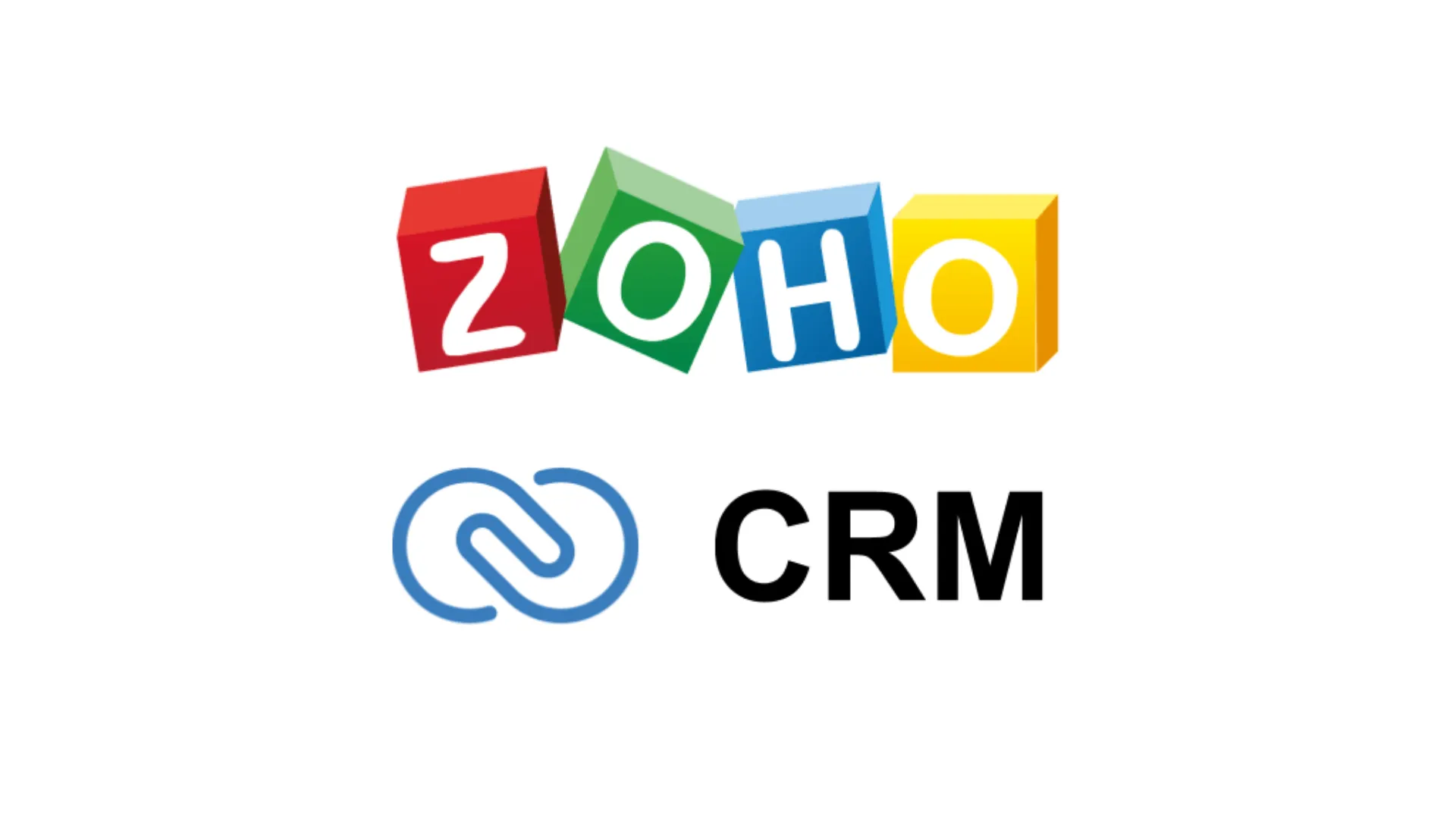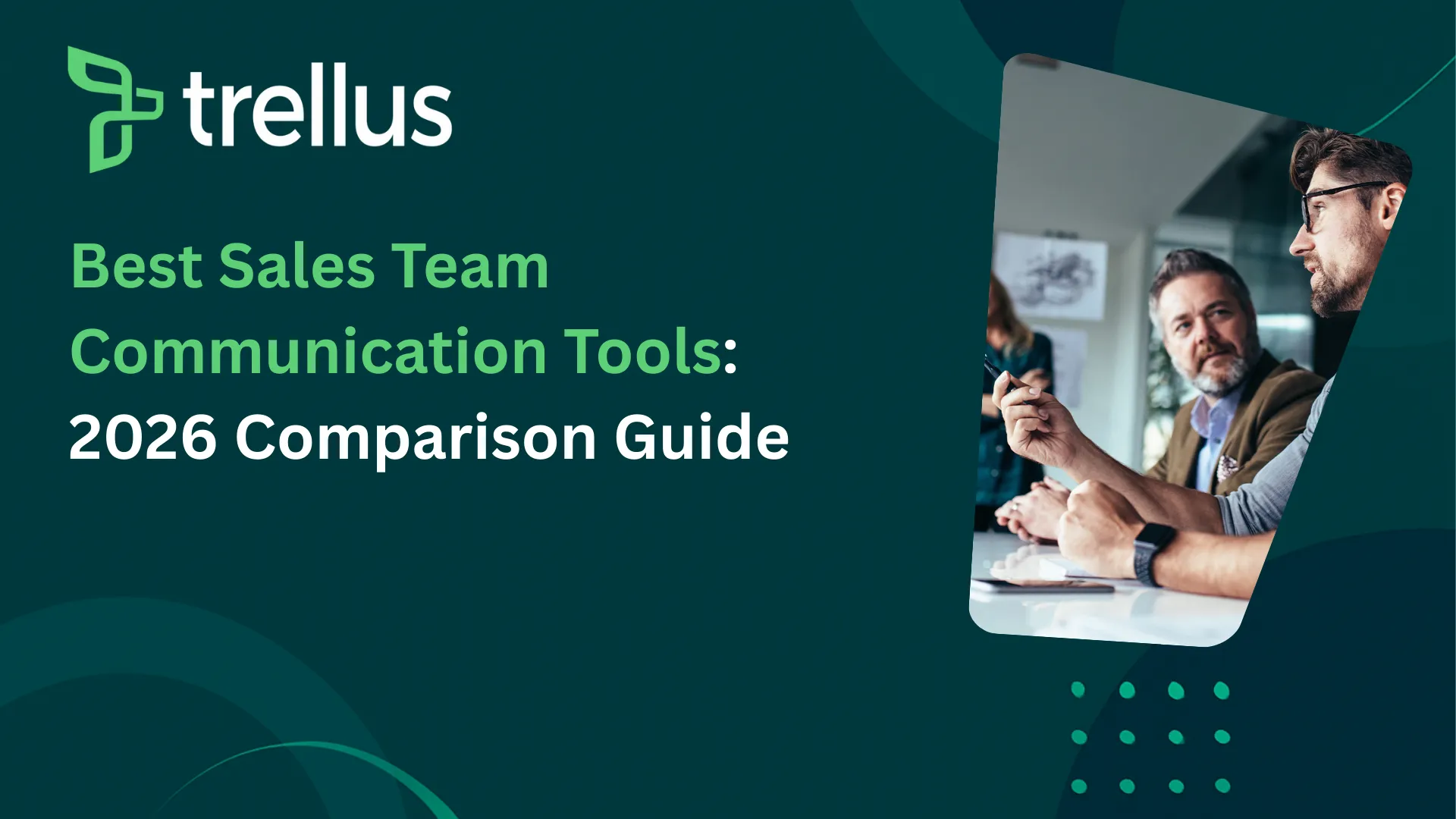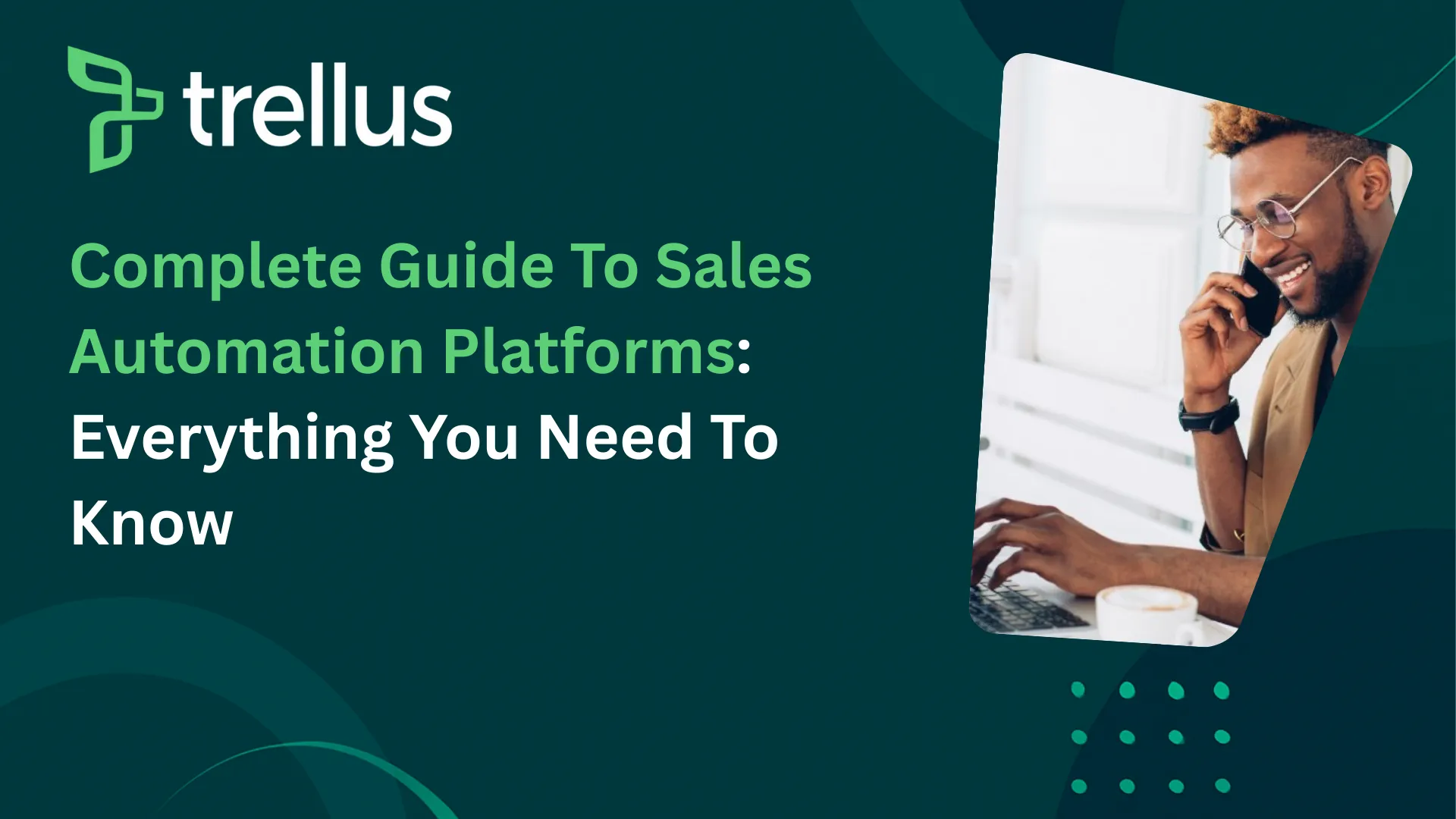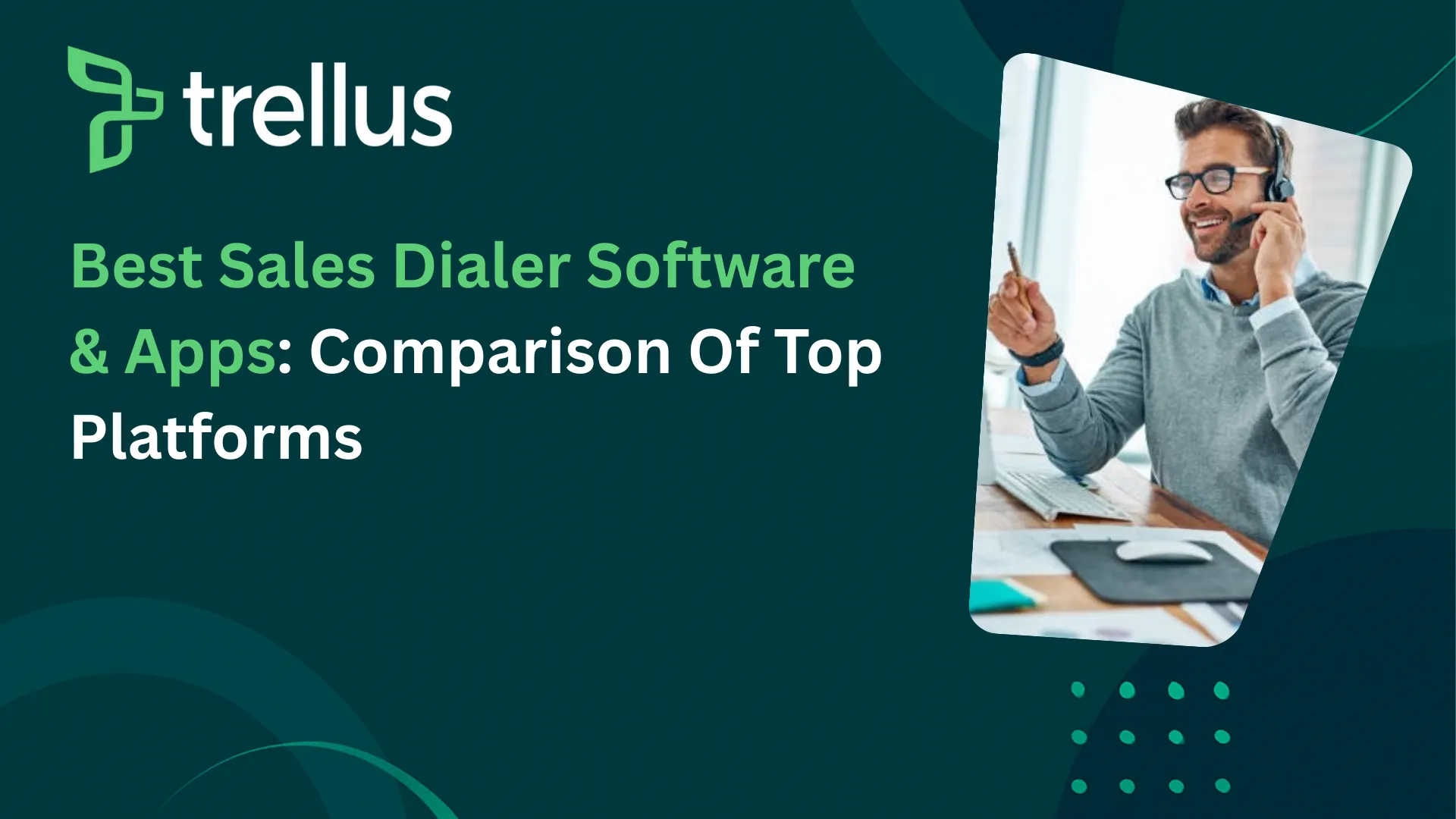
Our Top Picks


Sales has changed a lot from the days of dialing down a call list and shooting off generic emails. Today’s reps are handling more than just prospecting and pitching.
They’re managing long sales cycles, personalizing outreach, coordinating with marketing, running approvals, updating the CRM, and analyzing data to keep deals on track. It’s a lot.
The truth is, even the sharpest sales teams can only go so far when so much of their time is spent on repetitive work.
If you’ve ever felt like your team is stuck in the weeds—manually logging activities, chasing down missed follow-ups, or wrestling with spreadsheets—you’re not alone. That’s exactly why sales automation software has become one of the most important parts of a modern sales stack.
The right sales automation software solutions take the grind out of the job, freeing reps to focus on building relationships and actually moving deals forward.
The best part?
With AI in the mix, these tools don’t just save time—they make smarter decisions, guide reps toward the right opportunities, and even personalize customer interactions at scale.
So, what is sales automation software, what should you expect from it, and which platforms stand out today? Let’s break it all down.
What is Sales Automation Software?

At its core, sales automation software is any technology that takes care of repetitive, routine tasks across the sales process. Instead of your reps spending hours sending follow-up reminders, updating deal stages, or entering contact data, the software handles it automatically.
Think of it as a digital assistant that never forgets, never needs coffee, and always has the data ready when you need it. Some common use cases include:
- Logging sales activities in the CRM without manual entry
- Sending personalized emails triggered by prospect behavior
- Routing leads to the right rep based on territory or account rules
- Scoring leads so reps can prioritize who to call next
- Scheduling meetings and reminders automatically
But automation has moved far beyond “set it and forget it.”
With AI now woven into leading sales automation software solutions, reps get predictive insights, personalized recommendations, and even auto-generated communication. It’s not just about efficiency anymore—it’s about accelerating pipeline growth.
Why Sales Automation Matters More Than Ever
Reps are under pressure to do more with less.
Quotas keep rising, buying cycles are more complex, and customers expect personalized outreach at every step. Without the right tools, sales teams get bogged down in low-value tasks.
Sales automation flips that equation. Instead of wasting hours chasing tasks, reps can spend their energy where it counts—on conversations, strategy, and relationships. Here’s why it matters:
More Time for Meaningful Conversations
Automation clears out the repetitive work. That means more hours in the day for the real work of sales: building trust, uncovering needs, and guiding prospects toward a solution.
Centralized Data and Smarter Insights
When sales data is scattered across emails, spreadsheets, and apps, it’s hard to make sense of it.
Sales automation pulls it all together, giving managers and reps a complete view of the pipeline. With AI on top, the software can even flag risks, suggest the next step, or highlight hidden opportunities.
Fewer Mistakes, More Confidence
Manual processes inevitably come with errors, missed follow-ups, wrong data entries, or forgotten tasks. Sales automation keeps workflows accurate and consistent, which is especially important in industries with compliance and legal risks.
Personalized Experiences at Scale
Customers expect personalization.
They want to feel understood, not treated like another name in a database. Automation makes it possible to trigger the right message at the right time—whether it’s an email after a demo, a reminder before a renewal, or a product recommendation tailored to past purchases.
A great example comes from Levi’s Brazil, which used automated campaigns across email, SMS, and ads.
Within six months, automation drove 30% of their online revenue, thanks to personalized touchpoints like abandoned cart and price-drop emails. That’s the kind of impact automation can have.
What Features Should Leading Outbound Sales Automation Software Include?
Not every sales automation platform is created equal. If you’re evaluating tools for your team, keep an eye out for these core features:
- Lead Management and Routing: The ability to automatically capture, qualify, and assign leads to the right rep.
- Workflow Automation: Tools that handle reminders, deal stage progression, and internal approvals without human intervention.
- AI-Powered Insights: Predictive scoring, opportunity recommendations, and deal risk alerts that help reps prioritize effectively.
- Personalization Tools: Automated emails, content suggestions, and customer data that make every interaction feel human.
- Analytics and Forecasting: Real-time dashboards that don’t just track activity but actually help predict revenue outcomes.
- Seamless Integrations: The best ai sales automation software connects with your CRM, email, calendar, and communication platforms.
When you’re evaluating what B2B sales automation software drives pipeline growth, think beyond just saving time. The question is: does this tool make your reps better at selling?
7 Best Sales Automation Software Solutions
Let’s get into the platforms that stand out today. Each of these brings something unique to the table, from enterprise-grade powerhouses to nimble tools for growing teams.
1. Trellus

Best for: Teams that want AI-powered automation tailored to outbound sales and pipeline growth.
Trellus is designed with modern outbound sales in mind. It takes care of repetitive admin tasks like logging calls, scheduling follow-ups, and managing workflows. What sets it apart is how its AI goes a step further—analyzing conversations, flagging missed objections, and surfacing the next best actions for reps.
If you’re wondering what b2b sales automation software drives pipeline growth, Trellus is a strong contender. Its insights go beyond numbers, giving sales managers a real-time view of rep performance while guiding reps toward better outcomes in every call.
Key Highlights:
- AI-driven conversation insights that improve coaching and performance
- Automated workflows for outbound calls, emails, and reminders
- Centralized dashboards for managers to track pipeline health
Pricing: Designed for growing teams—custom pricing available.
User Feedback:
Trellus gets praise for its AI insights and the way it simplifies outbound selling. Sales managers especially appreciate how it surfaces actionable coaching moments without sifting through hours of calls.
2. HubSpot Smart CRM and Sales Hub

Best for: Startups and growing businesses that want easy-to-use sales automation software with built-in marketing.
HubSpot’s strength is its seamless blend of marketing and sales automation. With AI features baked into its CRM, reps can auto-generate emails, track interactions, and trigger follow-ups without extra effort.
For smaller teams, HubSpot Smart CRM offers a friendly interface and a “free forever” plan that helps teams get started quickly. As you scale, the Sales Hub layers on more advanced automations and analytics.
Key Highlights:
- AI-powered email writing and meeting notes
- Automated workflows for lead rotation, reminders, and pipeline updates
- Seamless integration with marketing automation campaigns
Pricing: Starts at $15 per user per month, with flexible tiers and add-ons.
User Feedback:
Users love HubSpot’s intuitive design and customizable dashboards. The automation features save time on follow-ups, and the email tracking tools make outreach more effective.
3. Pipedrive

Best for: Small to mid-sized sales teams that want a simple, automation-friendly CRM.
Pipedrive is known for its visual pipeline view, but it’s also one of the easiest platforms to set up for automation. Its AI sales assistant flags at-risk deals, suggests actions, and helps reps keep opportunities moving.
Automation in Pipedrive covers everything from assigning leads to sending reminders, making it a great fit for lean teams that need to save time without complexity.
Key Highlights:
- Custom workflows for deal progression and task reminders
- Lead assignment rules to speed up response times
- AI-driven tips for performance improvement
Pricing: Plans start at $14 per user per month, with a 14-day free trial.
User Feedback:
Teams love the drag-and-drop interface and smooth integrations with tools like Slack, Zoom, and Gmail. It’s praised for making sales pipeline management easy to visualize and track.
4. Zoho CRM

Best for: Businesses looking for affordable, AI-powered sales automation software solutions.
Zoho CRM combines flexibility with affordability, making it an attractive choice for small and mid-market organizations.
Its AI assistant, Zia, offers predictive insights, sentiment analysis, and workflow automation to keep deals moving smoothly.
Key Highlights:
- Zia AI for sales predictions and communication assistance
- Customizable workflows for lead assignments and approvals
- Sales analytics and real-time performance tracking
Pricing: Starts at $14 per user per month, with a free forever plan (limited features).
User Feedback:
Users appreciate how customizable Zoho CRM is and how well it integrates with the broader Zoho ecosystem. The automation features help centralize data and streamline daily operations.
5. Salesflare

Best for: Teams that rely heavily on email sequences and want a lightweight CRM.
Salesflare simplifies relationship-building with automation that tracks interactions, sends timely follow-ups, and even finds new leads. Its relationship intelligence feature helps reps know exactly when and how to engage, improving response rates.
Key Highlights:
- Automated email sequences based on prospect engagement
- Relationship intelligence for better timing and outreach
- Strong integrations with popular tools like Slack, Google Workspace, and LinkedIn
Pricing: Starts at $29 per user per month (annual billing), with a 30-day free trial.
User Feedback:
Sales teams like Salesflare’s simplicity and the way it handles repetitive communication. Some users note the setup for workflows takes time, but once configured, it saves hours every week.
6. Default
Best for: Fast-growing B2B teams that need advanced lead management and routing.
Default stands out for its lead routing capabilities. It automatically qualifies and assigns leads based on CRM data and enrichment, ensuring speed-to-lead is never an issue. Its built-in scheduler helps reps connect with prospects faster, reducing friction in the handoff process.
Key Highlights:
- Automated lead routing and qualification
- Advanced scheduling tools with reminders and no-show handling
- Flexible workflows for account-based routing and round-robin distribution
Pricing: Custom quotes based on team size and needs.
User Feedback:
Users highlight Default’s strong automation for inbound leads and routing, though some mention a learning curve with more advanced workflows.
7. Salesforce Sales Cloud

Best for: Large enterprises that need advanced automation and deep AI insights.
Salesforce has long been the giant in CRM, but what makes it one of the best ai sales automation software platforms is how its Einstein AI weaves into every step of the sales process.
Einstein can predict deal outcomes, recommend the next action, and even score leads based on likelihood to convert. For large teams with complex workflows, Salesforce offers automation at scale—from lead capture all the way to forecasting revenue.
Key Highlights:
- Automated sales data collection with unified dashboards
- Einstein AI for predictive scoring and recommendations
- Advanced forecasting and pipeline analytics
Pricing: Starts at $25 per user per month, with multiple tiers (Starter, Pro, Enterprise, Unlimited, and Einstein 1 Sales).
User Feedback:
Salesforce often wins praise for its scalability and customization. Teams love the visibility into pipeline health and the freedom to build tailored automations, though some note the learning curve can be steep.
Choosing the Right Marketing and Sales Automation Software
The “best” tool depends on your team’s size, goals, and sales process.
Large enterprises may lean toward Salesforce for its scalability and customization, while startups often find HubSpot or Pipedrive a better fit.
Moreover, teams that need advanced routing might turn to Default, while those prioritizing outbound performance should consider Trellus.
When evaluating options, ask yourself:
- Does this tool save my reps' time on repetitive work?
- Does it make them better sellers, not just faster ones?
- Does it integrate smoothly with the rest of my stack?
- Can it scale as my team and pipeline grow?
The answer to those questions will point you to the right solution.
Final Thoughts
Sales automation isn’t about replacing reps.
In other words, it’s about giving them the freedom to do what they do best: connect with people and close deals. With the right sales automation software in your stack, you can take the pressure off manual tasks, eliminate guesswork, and give your team more time to focus on meaningful conversations.
Whether you’re a small startup looking for a friendly CRM or a global enterprise in need of advanced AI insights, there’s a sales automation software solution built to fit your workflow.
On top of that, with platforms like Trellus leading the way in AI-driven outbound sales, the future of selling looks a lot less manual and a lot more human.







